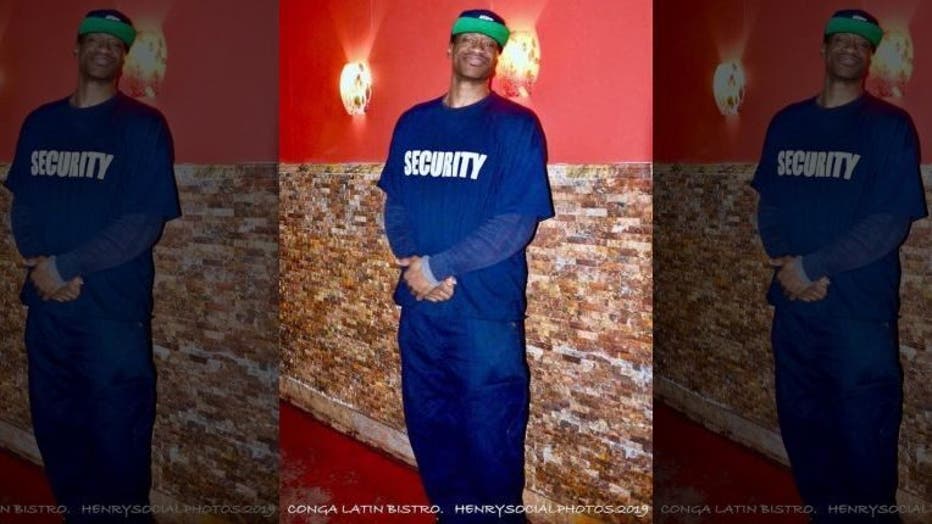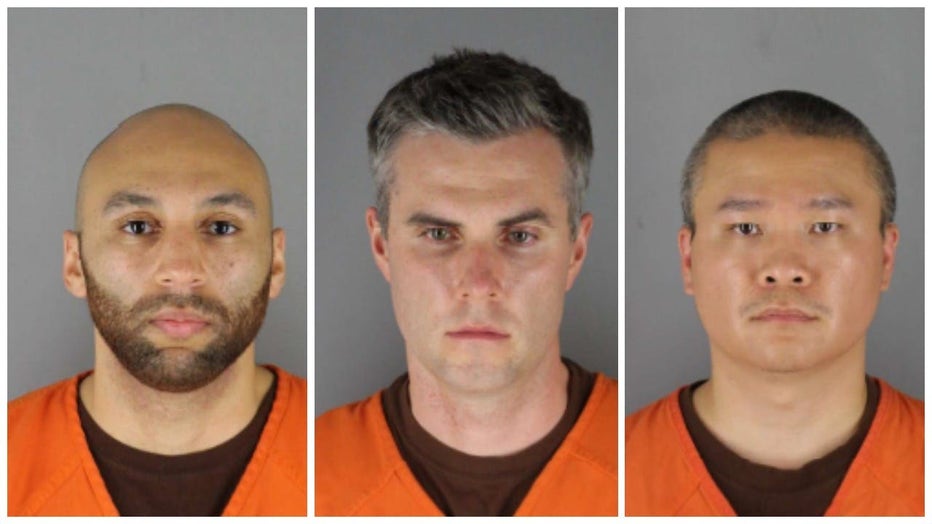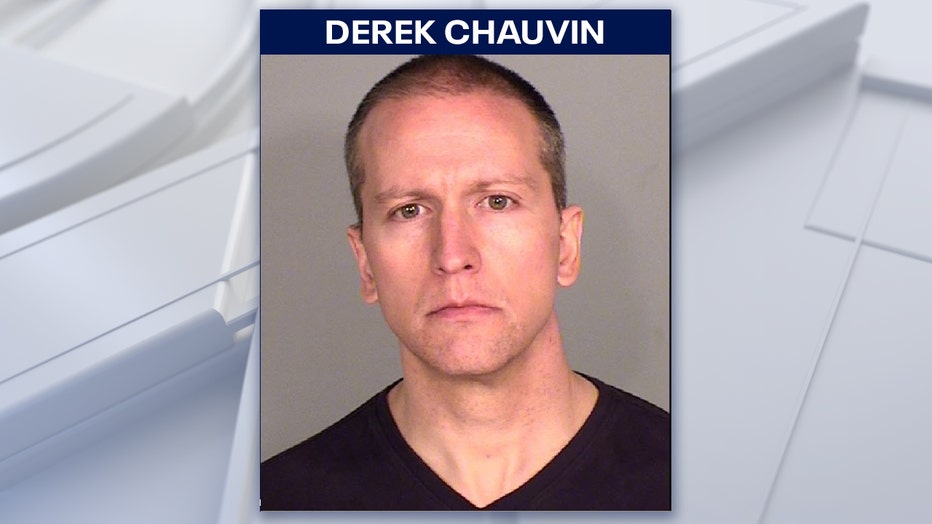Thousands march against police brutality in Philadelphia
PHILADELPHIA - National unrest in the police custody death of Minneapolis man George Floyd continued in Philadelphia on Saturday, as crowds gathered to demonstrate in various parts of the city.
Protesters have been tireless in exhausting their voices in the name of their cause to impose legal, actionable accountability measures among police forces in the United States.
Demonstrations began at 3 p.m. at the Philadelphia Museum of Art, where a large mass of demonstrators joined together for another rally in honor of George Floyd event.
A second protest was held at City Hall, where determined citizens then march to the African American Museum of Philadelphia located at 7th and Arch Streets.
In the nearly two weeks since George Floyd's violent death on May 25, daily nationwide demonstrations have been held in response to the viral footage of the police brutality that arguably led to Floyd's death.
RELATED COVERAGE: DEATH OF GEORGE FLOYD
In anticipation of Saturday's protests, city officials began restricting vehicular traffic in and around parts of Philadelphia.
Vehicular traffic was prohibited from Callowhill Street to South Street from the Delaware River to Schuylkill River in Center City. I-676 is closed in both directions from I-95 to I-76 starting. The Benjamin Franklin Parkway will be closed to vehicular traffic starting at 5 a.m. from 22nd Street to the Art Museum.
These road restrictions were implemented due to planned rallies along the Benjamin Franklin Parkway in Center City.

Mayor Kenney announces creation of committee in hopes of starting healing process
FOX 29's Dave Schratwieser reports.
The rallies drew thousands as Philadelphia and surrounding suburbs moved into the yellow phase of Pennsylvania's reopening phase -- indicating less strict concern around the spread of the novel coronavirus.
Nationwide, impassioned citizens have taken to the streets of Minneapolis, where George Floyd's death took place, and countless other US cities and towns have participated in unifying rallies calling for change in policing standards.
A two-hour long memorial service, attended by celebrities, civil rights activists, politicians and family members, was held Thursday to both celebrate Floyd's life and mourn a man whose death at the hands of police has sparked protests nationwide and calls for an end to racial injustice.
Several members of Floyd's extended family spoke at the memorial service, describing what the Floyd family house was like growing up, sharing stories about George’s sense of humor and talking about how he helped raise a fatherless household in Houston.
The full report from the Hennepin County Medical Examiner remains pending, but preliminary findings from George Floyd’s autopsy revealed he likely died from a combination of underlying health conditions.

Any potential intoxicants in his system and being restrained by police were also attributed in the preliminary medically forensic investigation into the cause of his death, according to the charges. There was no physical evidence that he died of asphyxia of strangulation.
“Police are trained that this type of restraint with a subject in a prone position is inherently dangerous,” the charges say.
Floyd's underlying health conditions included coronary artery disease and hypertensive heart disease.
As of Thursday, three other officers -- Tou Thao, Thomas Lane and J. Alexander Kueng -- were charge with aiding and abetting second-degree murder and aiding and abetting second-degree manslaughter.

J. Alexander Kueng, Thomas Lane and Tou Thao have been charged with aiding and abetting former Minneapolis police officer Derek Chauvin in the death of George Floyd. (Credit: Hennepin County Sheriff's Office)
According to the charges filed against against the officers, Lane and Kueng helped Chauvin hold Floyd down while Thao stood nearby. Floyd told the officers, “I can’t breathe” multiple times. He repeatedly said “mama” and “please" and said, "I'm about to die", but the officers did not move from their positions.
At one point, Lane asked, “Should we roll him on his side?” and Chauvin said no. Floyd eventually appeared to stop breathing or speaking. Kueng checked his pulse and found none, but none of the officers moved until the ambulance arrived a few minutes later.
Following Floyd’s death, Minneapolis Police Chief Medaria Arradondo fired all four officers involved.
Charges against ex-Minneapolis police officer Derek Chauvin were formally upgraded Thursday in the death of George Floyd. Chauvin is now charged with second-degree murder without intent, third-degree murder and second-degree manslaughter. With the upgraded murder charge, his bail has been upped from $500,000 to $1 million.

Chauvin was seen in a video kneeling on George Floyd’s neck as Floyd repeatedly says “I can’t breathe.” The officer continued to press his knee onto Floyd’s neck even after he lost consciousness. None of the other officers at the scene attempted to check on Floyd until after the ambulance arrived, despite bystanders’ pleas.
So far, he has been charged with third-degree murder and manslaughter.
Following the news that all four officers have now been charged in the case, Crump wrote on Twitter, "This is a bittersweet moment. We are deeply gratified that [Minnesota Attorney General Keith Ellison] took decisive action, arresting & charging ALL the officers involved in #GeorgeFloyd's death & upgrading the charge against Derek Chauvin to felony second-degree murder."
"All the world is watching," Crump said, leading the crowd in a chant at the intersection of 38th and Chicago in Minneapolis.
The intersection has become the home of a momnumental memorial, thad been set up there for Floyd, as it marks where he infamously died.
Stay with FOX29.com as the rally begins and for updates on the latest local and breaking news.

Essential books to understand racism, race in 2020
Jeannine Cook, owner of Harriett's Bookshop, joins Good Day Philadelphia.
RELATED COVERAGE:
- DA: Philadelphia police staff inspector faces charges following incident with protester
- DA: Delaware County man hurled racial slurs during peaceful rally
- 'Our right to exist': Protesters persist in marching, advocating Justice for George Floyd in Philadelphia
- Commissioner: 759 arrests, 27 officers injured in continued violence around Philadelphia
- NJ to overhaul police use-of-force guidelines after death of George Floyd, AG says
For the latest local news, sports and weather, download the FOX 29 News app.
DOWNLOAD: FOX 29 NEWS APP


